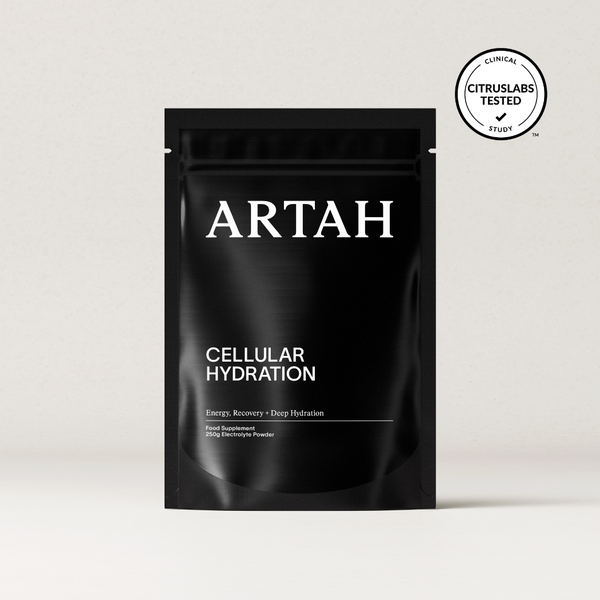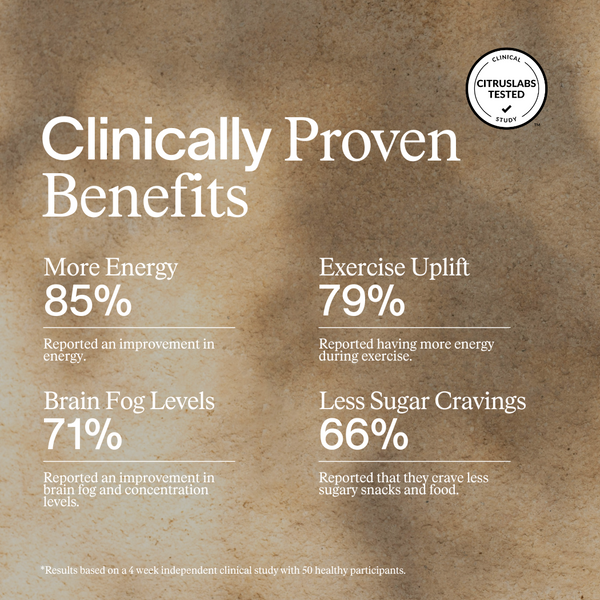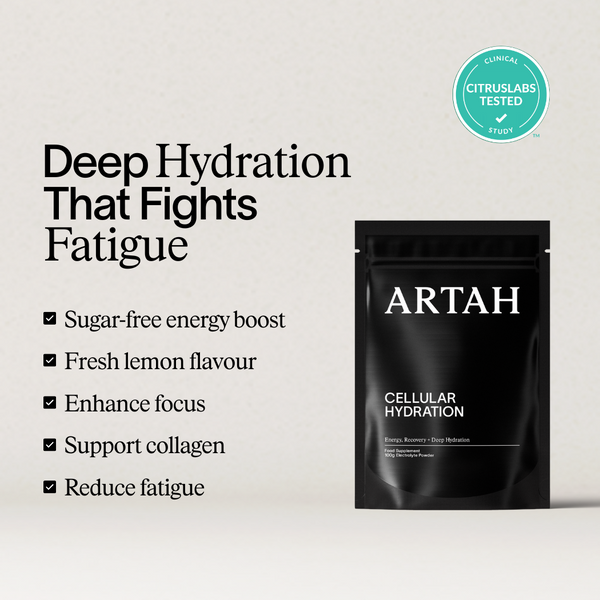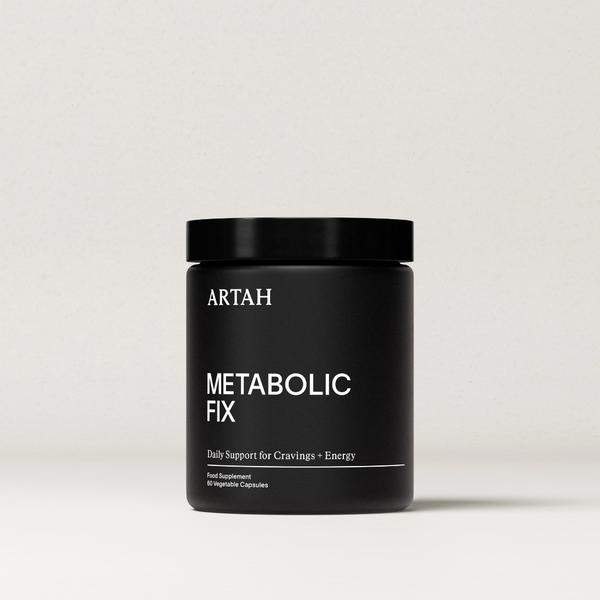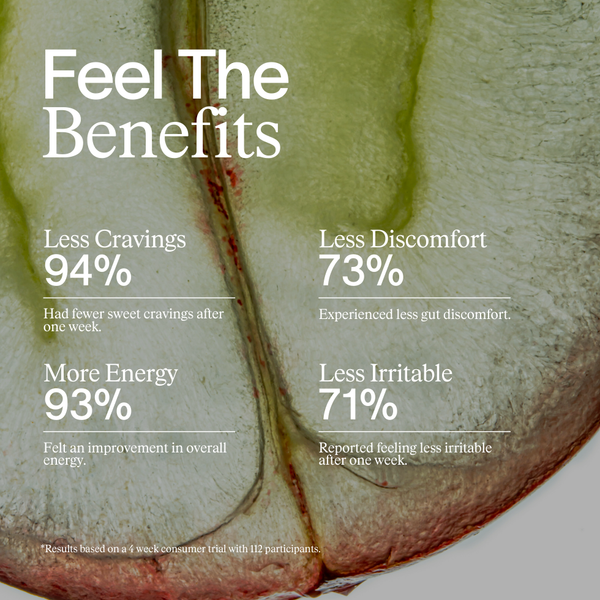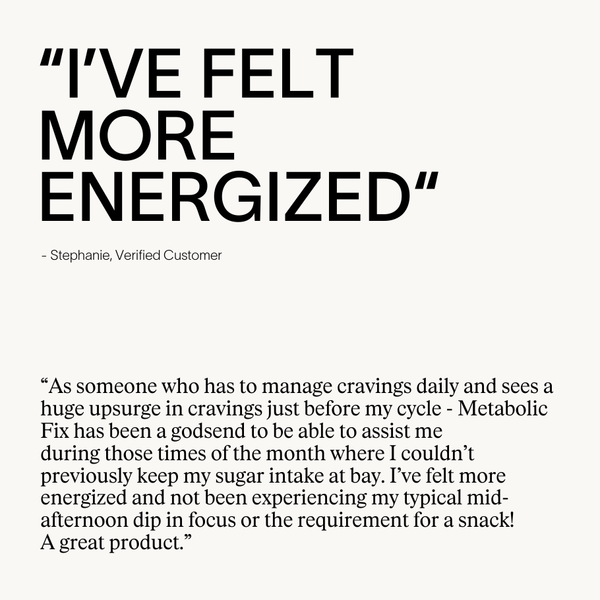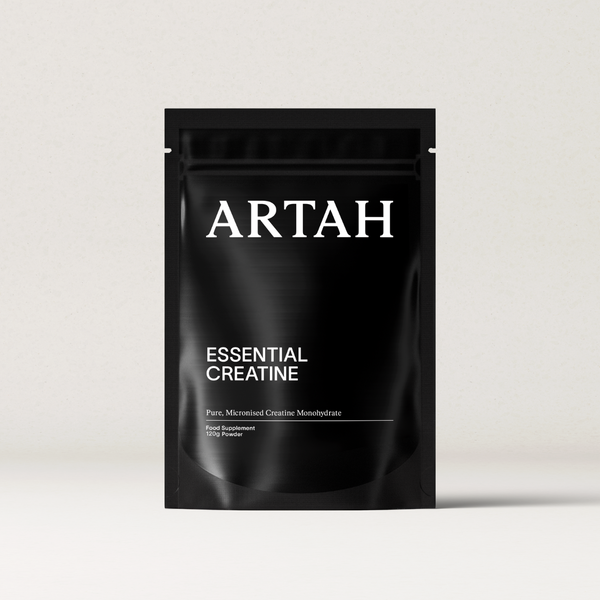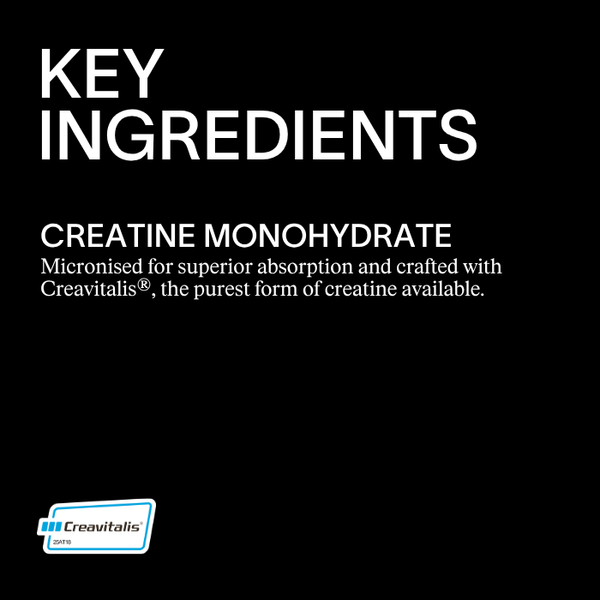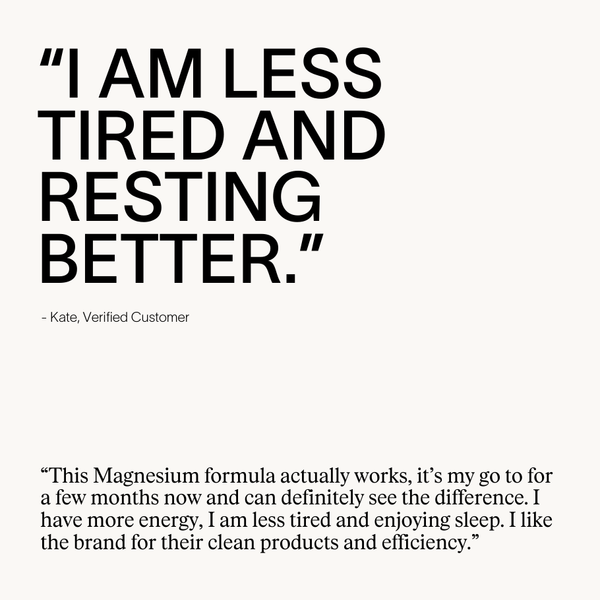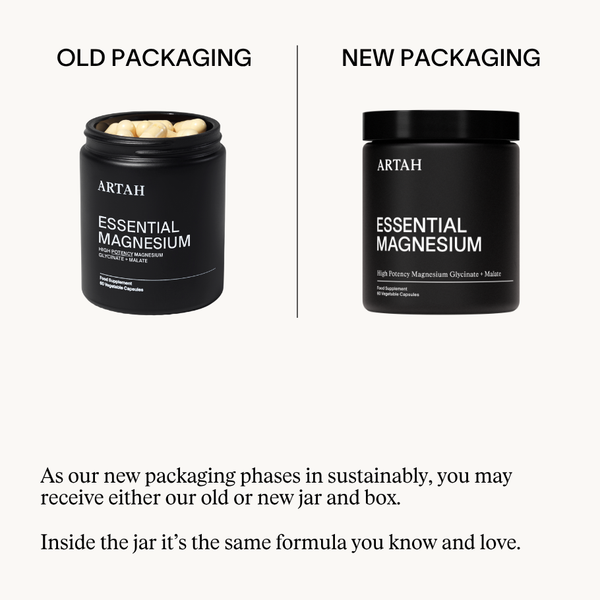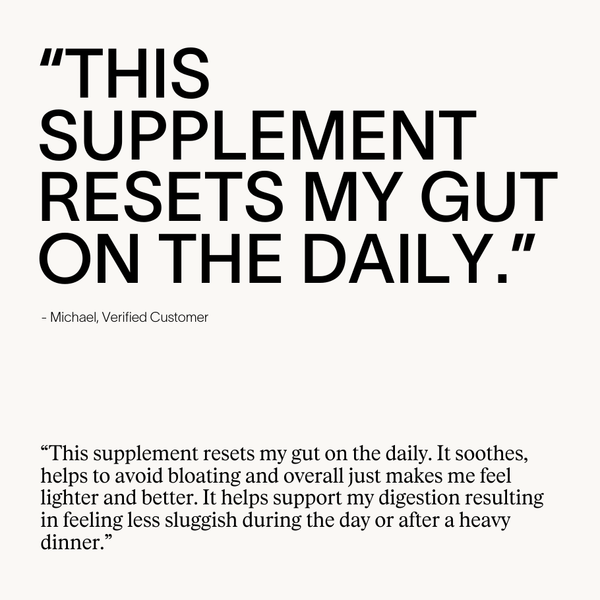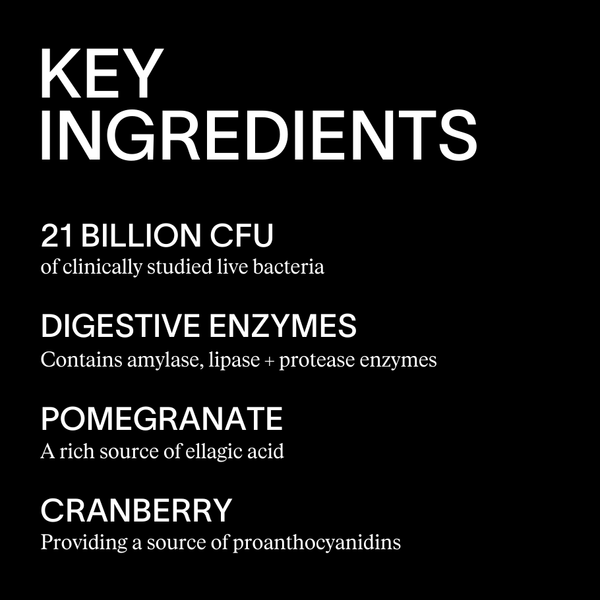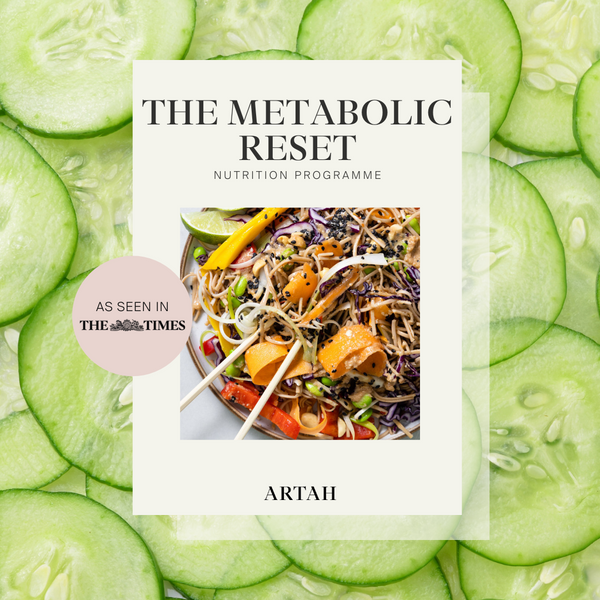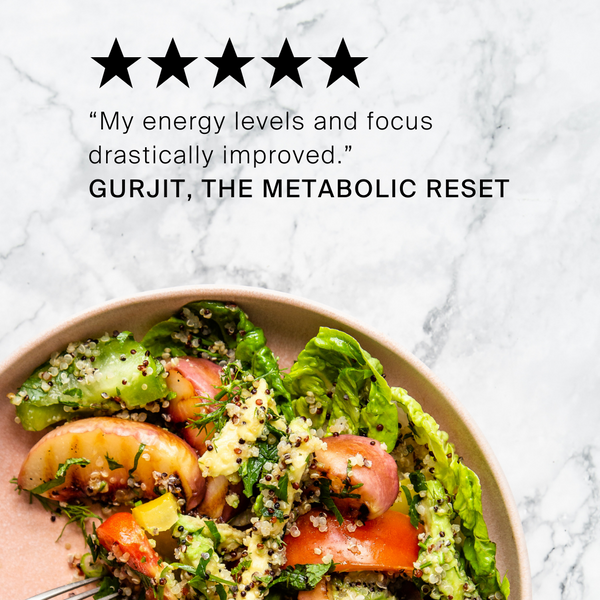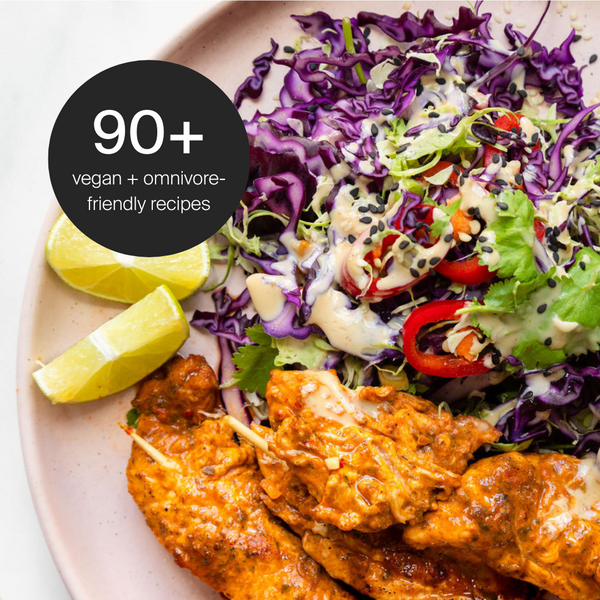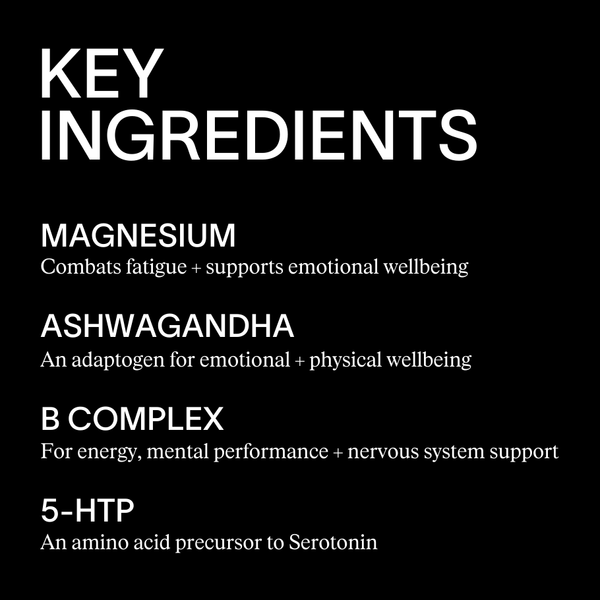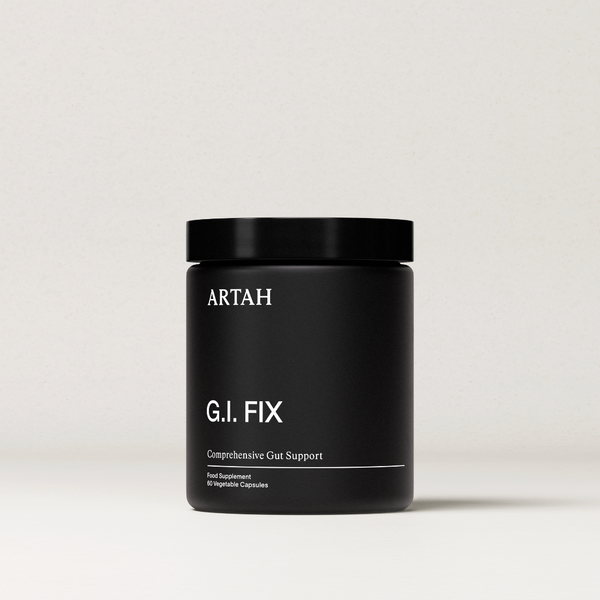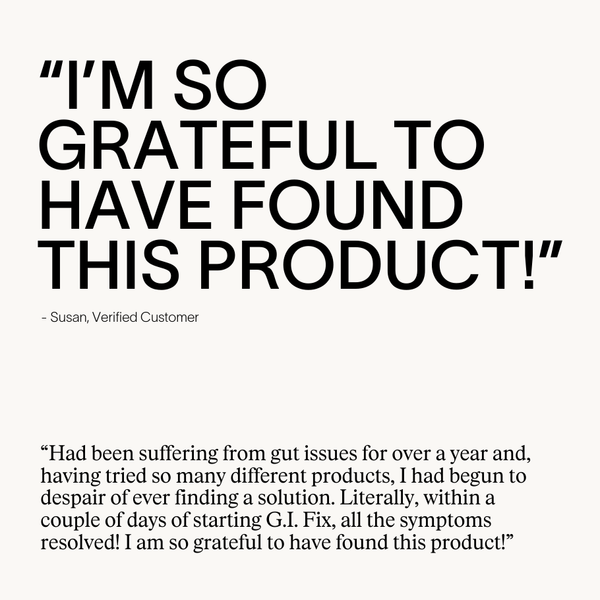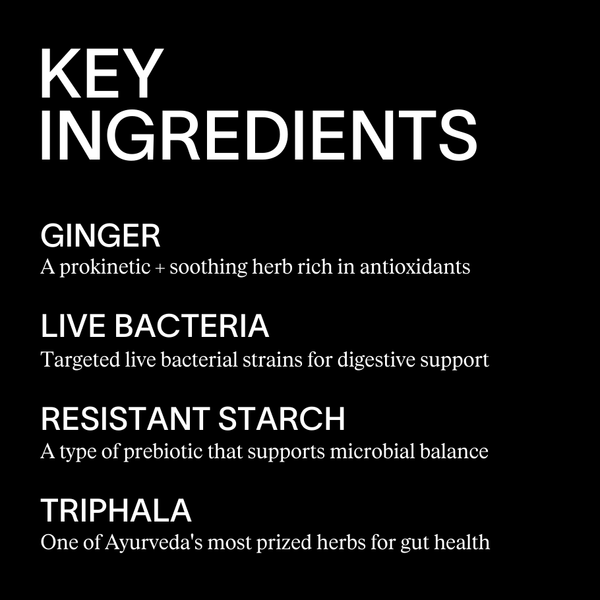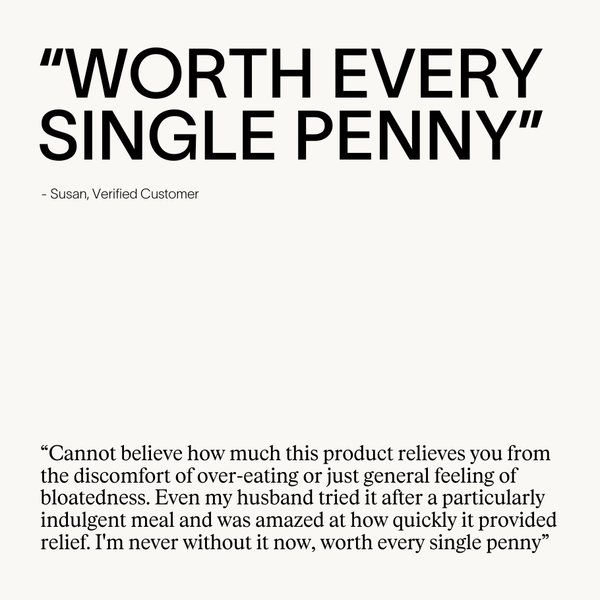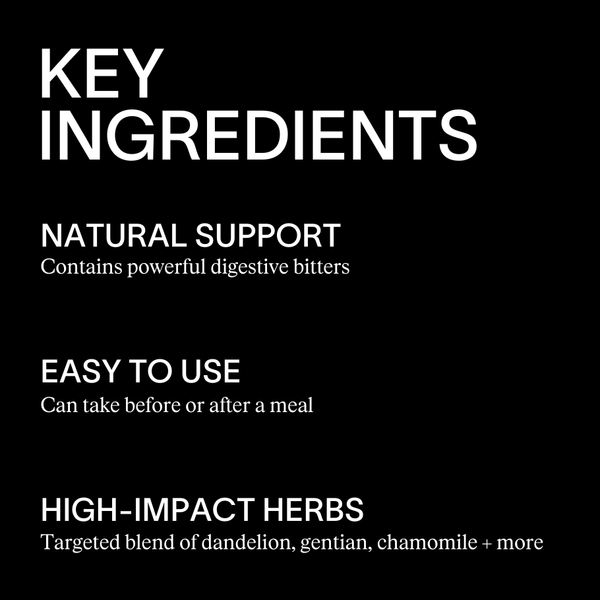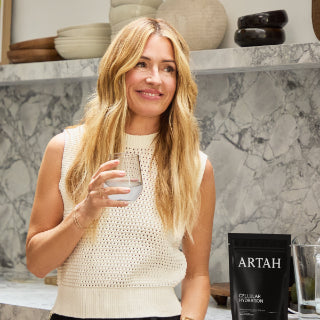Extreme dieting, overly restrictive resolutions, and post-holiday panic can often result in a complete overhaul in our approach to food. Whilst we’re all for setting healthy goals and cultivating consistency with your nutrition, it can be a slippery slope. Eliminating whole food groups without replacing them with healthy habits and alternatives can have unintended health consequences – both physically and emotionally. Making food the enemy can cause anxiety and often results in a loss of enjoyment of food, which - let’s face it – is just no fun. Setting yourself nutritional guidelines is important and helpful for maintaining a healthy balance, but overly restrictive rules can end up having the opposite effect. Here are some of the tell-tale signs that you may be creeping out of balance.
1. You’re carb-phobic
Yes, too many of the wrong carbs will hinder our health – but labelling the whole category as persona non grata can do more harm than good. Carbs are essential to foster a healthy, diverse microbiome. During digestion, they ferment in the gut to feed good bacteria, fungi, lower gut pH and inhibit the growth of many harmful bacteria. They’re also required for the production of Short Chain Fatty Acids (SCFA), a group of postbiotics that improve various aspects of our health, from intestinal health and inflammation to energy and immunity. Cutting out carbs completely can lead to a microbial imbalance and in some instances, exacerbate digestive issues – especially if the restriction has led to you significantly reduce your fibre intake, a big red flag when it comes to both immediate and long-term health. In addition to fuelling the gut, the amount of carbs we get can also influence thyroid function. Dropping too low (less than 15% of total energy intake) can reduce the production of both thyroid stimulating hormone and the conversion of the inactive T3 to the active T4 thyroid hormone. This effect is more pronounced if calories are restricted at the same time, often a sidekick to a strict low carb diet. Bottom line? When it comes to carbs, it’s all about balance.
2. You Neglect Your Micronutrients
Protein, carbohydrate and fat – the macronutrients – tend to get the spotlight when it comes to nutrition. We often fixate on a high protein, low carb diet. But vitamins and minerals – the micronutrients - are the unsung heroes of health. They’re essential for every basic physiological requirement, from brain function and immunity, to hormone health and energy metabolism. Fruit, vegetables and carbohydrates are where we get the bulk of our vitamins and minerals, but fruit and carbs are often the first thing that are cut if weight loss is the goal. Studies have shown that overly restrictive, carb-free diets can seriously impair our nutrient status. A study of popular diet regimes – including Atkins and South Beach – evaluated the status of 27 micronutrients that are essential to health. Six of the micronutrients (Vitamin B7, Vitamin D, Vitamin E, Chromium, Iodine and Molybdenum) were identified as consistently low or non-existent in the diet plans. The other 21 were also low or borderline deficient. In fact, the study suggested that you would need a calorie count in excess of 3500 kcal per day (of extremely varied foods) to get adequate levels of micronutrients. Staying low carb can also throw off electrolyte balance, which can affect mood, energy, recovery and mental focus.
So what can you do? Aim for diversity – expand your repertoire to include different or new vegetables, fruits, pseudo-grains, and other plant-based foods to ensure you’re hitting your micronutrient needs. Supplementing with an electrolyte or immune complex will help keep your immunity and energy on track as you work your way up to a more balanced array of foods.
3. You Don’t Enjoy Your Food
The enjoyment of food and ability to share it with family and friends is one of life’s great pleasures, and yes, it is possible. Restricting yourself so much that the enjoyment of eating is lost is not only bad for our emotional health, but it’s completely unsustainable. Obsessive calorie counting and an extreme focus on ‘food cleanliness’ can become all-consuming and result in anxiety, depression, and trigger swings between severe restriction and binge eating. There’s only so much steamed broccoli one can eat, so if your current regime is getting a little too monotonous it’s important to re-evaluate. Finding balance is key – learn how to cook meals that you love that you can share with friends and family, and notice if you’re starting to cultivate an unhealthy phobia of food. In search of inspiration that you can trust? Check out our membership for 365 days of delicious, nutritionally sound recipes to help you stay inspired.
4. You’re Anxious About Eating Out
When your diet starts to severely impact your social life, it’s important time to check in. We’re all for choosing healthier options when eating at restaurants, but there’s a fine line between being selective about when and where you eat out and avoiding social situations all together. If you’re starting to feel socially isolated because of your health goals, it’s important to pause and reframe your thinking. There’s a lot you can do to help combat this issue. If your friends or significant other are always choosing restaurants where it’s impossible to eat well, then speak up. You’ll probably find that most people are keen to enjoy the social and culinary experience without the guilt the next day, so suggesting Italian over curry isn’t usually going to be a deal breaker with friendships. Cooking with friends is also incredibly rewarding and a way for you to have a positive influence on what you're eating, so starting a healthy supper club or committing to a few meals in with your loved ones can be a great way to ease yourself back into social situations as you work on cultivating a healthier relationship with food.
